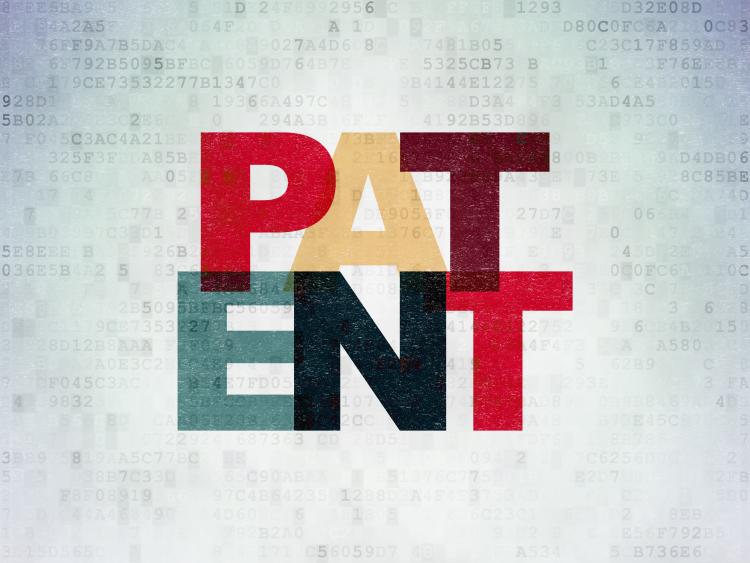
On April 16, 2024, the Federal Court of Appeal (the Court) issued its decision in Eli Lilly Canada Inc v Apotex Inc, 2024 FCA 72, upholding a decision of the Federal Court (FC) that found Canadian Patent No. 2,226,784 (the Patent) from Eli Lilly Canada Inc. et al. (the appellants) to be invalid for overbreadth and insufficiency.
The appeal focused on the FC’s interpretation of the term “physiologically acceptable” in relation to a physiologically acceptable salt of tadalafil, which is an element of all the claims of the Patent in issue. The FC found that this meant that the salt had to be non-toxic and “stable and pure, not degraded”. The appellants argued that the FC erred in that “physiologically acceptable” simply means non-toxic, such that any salt of tadalafil that is not toxic when administered is physiologically acceptable. The appellants argued that if this error was not made, then the Patent would not have been found invalid for overbreadth and insufficiency. In contrast, Apotex Inc. et al. (the respondents) argued that the FC did not err in construing the term, and even if an error was found, the FC’s conclusions regarding invalidity should stand.
The Court rejected the appellants’ argument, finding that the FC appropriately considered expert evidence and recognized that a proper interpretation of the term in question depended on the understanding of a person of skill in the art. Consequently, the Court determined that the FC’s claim construction was properly based and entitled to deference.
Given the Court’s above finding, it was not necessary to review the other issues on appeal as much of the appellant’s claims depended on the success of their claim construction argument. However, the Court notably commented on the FC’s suggestion that a patent may be invalid for insufficiency due to a “minor research project” being needed to put the patent into practice. The Court stated that conducting “a minor research project is not the determinant factor for insufficiency of a patent disclosure” and a patent specification may be sufficient even if some non-inventive trial and error experimentation is necessary, so long as it is not undue.
The Court ultimately dismissed the appeal with costs.
Summary By: Victoria Di Felice
E-TIPS® ISSUE
Disclaimer: This Newsletter is intended to provide readers with general information on legal developments in the areas of e-commerce, information technology and intellectual property. It is not intended to be a complete statement of the law, nor is it intended to provide legal advice. No person should act or rely upon the information contained in this newsletter without seeking legal advice.
E-TIPS is a registered trade-mark of Deeth Williams Wall LLP.
